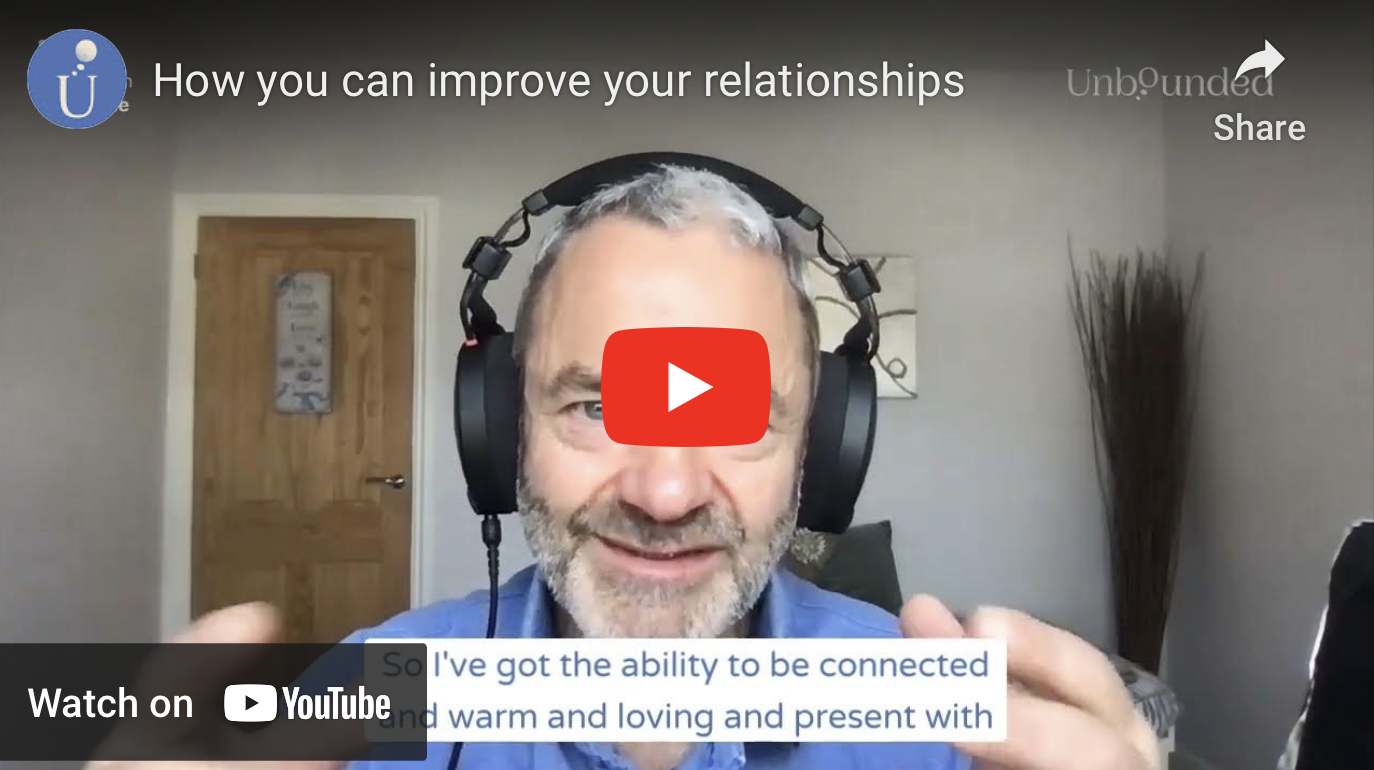Do you feel safe in your team?
Psychological safety is a critical aspect of effective teamwork that can significantly impact team dynamics and performance. It refers to the belief that one can express ideas, opinions, and concerns without fear of negative consequences or judgment from others within the team.
Take a moment to reflect on your own team: How safe do you feel expressing yourself? Do you feel comfortable sharing your thoughts, even if they differ from the majority?
Creating a safe environment is crucial because it fosters trust, which is the foundation of any high-performing team. When team members feel safe, they are more likely to take risks, be open to feedback, and collaborate effectively. Trust allows individuals to bring their whole selves to the team, contributing diverse perspectives and innovative ideas.
Let’s take this example I came across in a team recently:
A team member wanted to propose a new approach to an important company project. In a psychologically safe team, others would listen attentively, they would respect the perspective, respond constructively, and seek to understand the rationale behind the idea. They would engage in a respectful discussion, exploring the potential benefits and drawbacks. Even if the proposed approach is ultimately not adopted, the team member feels valued, knowing their voice was heard and respected. In contrast, what actually happened in this team was that the person didn’t feel safe. Even after encouragement, they didn’t share their idea due to fear of criticism or ridicule, depriving the team of potential valuable insights.
One useful model for understanding and enhancing psychological safety is the SCARF model developed by David Rock. SCARF stands for Status, Certainty, Autonomy, Relatedness, and Fairness. These five elements influence how safe individuals feel within a team.
Consider your own team dynamics: Do you feel like you have status ie.that you are valued as a person and as a contributor? Or are certain team members given more importance or respect than you? How about certainty? Are goals and expectations clearly communicated, or are there often sudden unpredictable changes and lots of unknowns? Does everyone have a sense of autonomy, being asked for their opinions, empowered to make decisions and contribute their unique skills? How are relationships and a sense of belonging fostered within your team? And finally, is fairness evident in how decisions are made and resources are allocated?
By consciously addressing these elements, you can enhance psychological safety within your team, enabling a more trusting and high-performing environment. Remember, the journey toward psychological safety begins with self-awareness and a willingness to foster an inclusive and supportive team culture.
How can you contribute to creating a psychologically safe space for your team?










